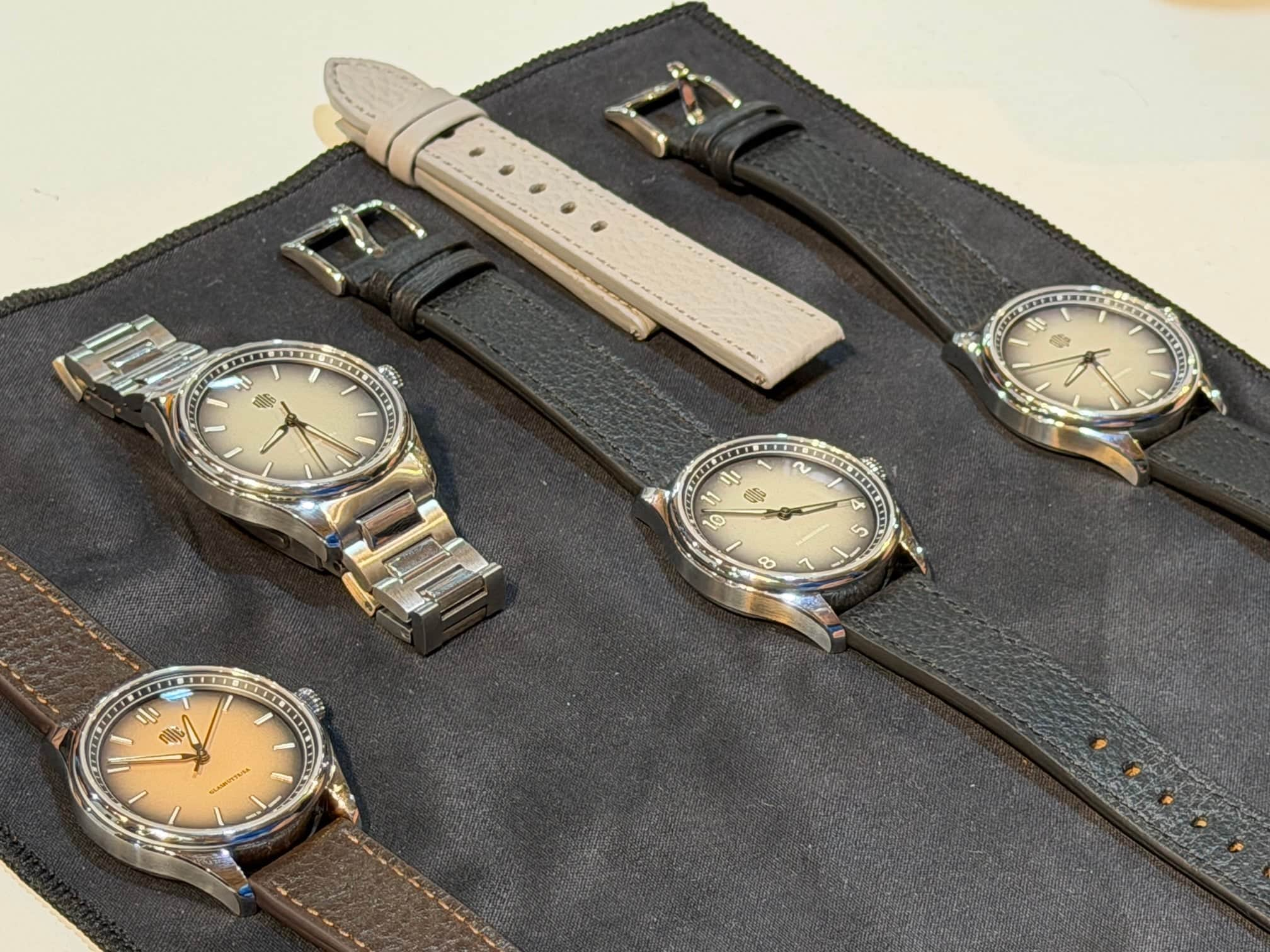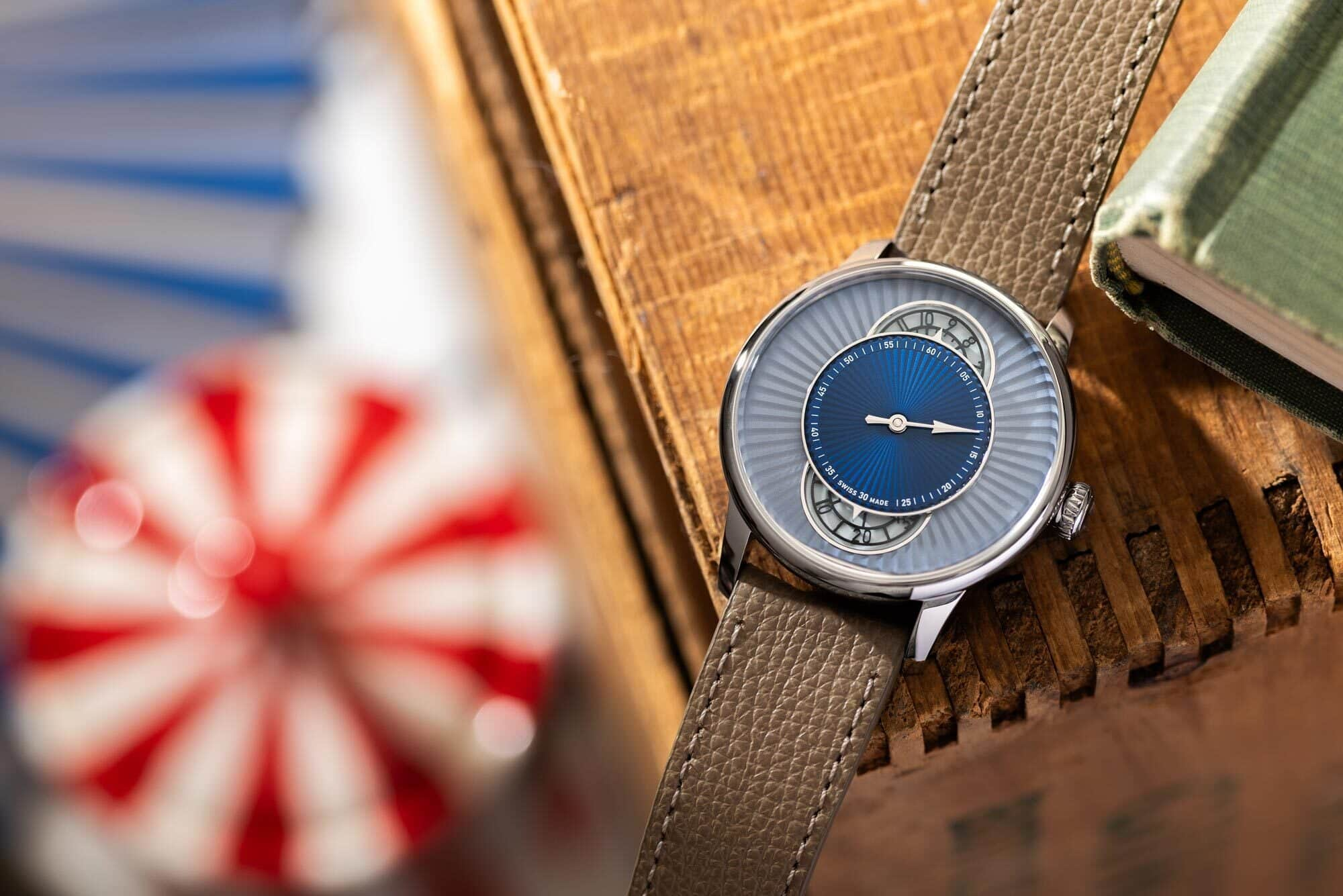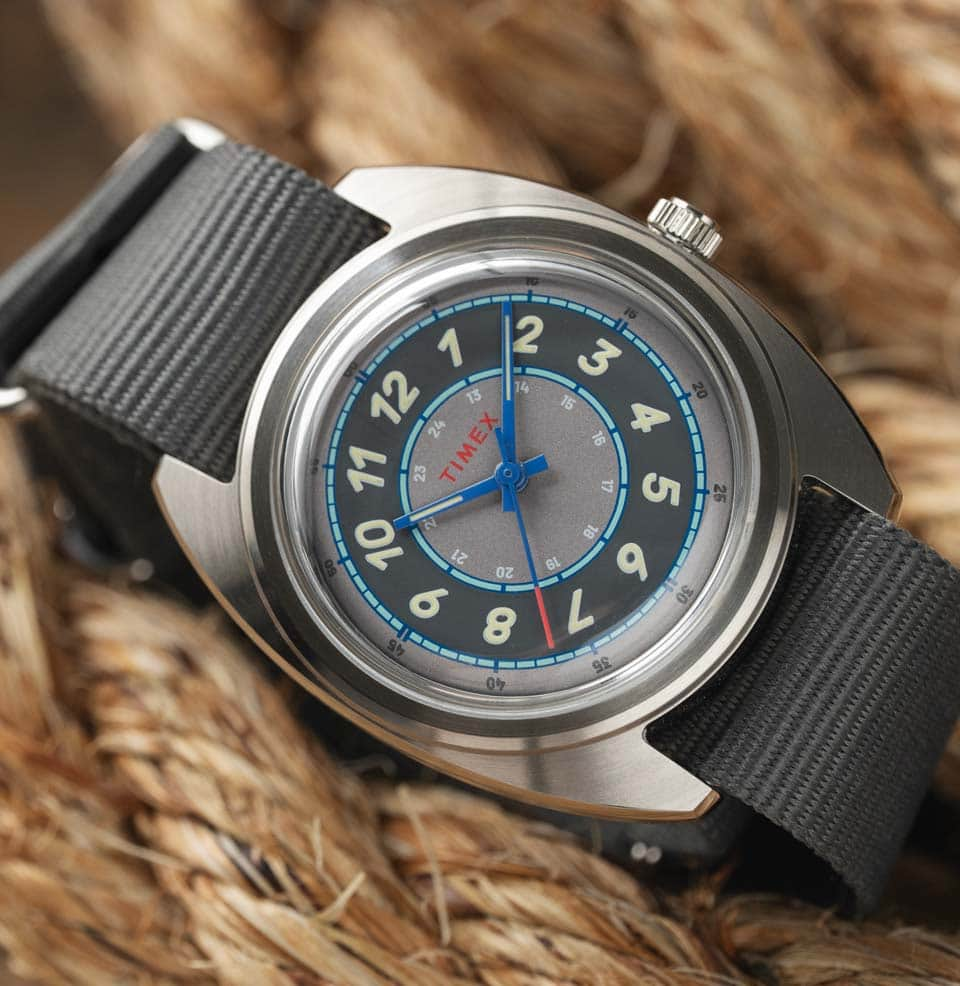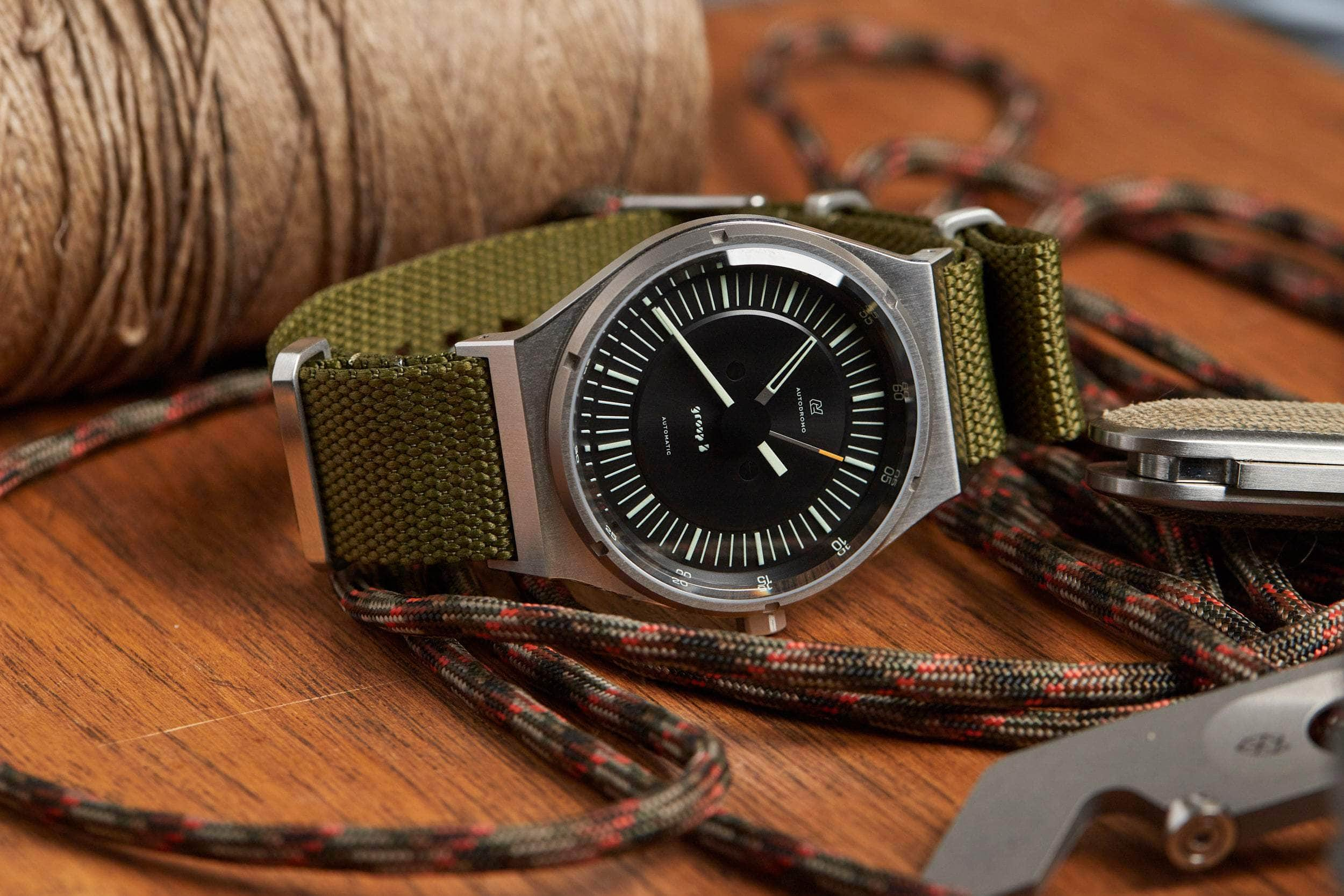How to Choose Your First Mechanical Watch

Blake Malin
Windup Watch Shop | September 25, 2024
If you’ve ever owned a watch before, odds are it had a quartz movement inside of it. But there’s another option — mechanical movements. Powered by a combination of springs, levers, pivots, jewels, and gears, these engineering marvels beat out the passage of time tens of thousands of times per day. In today’s Chronicle, we’ll go over a few things to keep in mind when shopping for your first mechanical watch.



Mechanical watches come in two main varieties – hand-winding and automatic. The former requires that the watch’s mainspring be wound manually via the crown to continue running, while an automatic movement features a winding rotor that does this as the watch is worn. These movements are not necessarily manufactured by the company producing the watch; when they are, they are referred to as being an “in-house” movement. While not necessarily an indicator of quality, an in-house movement can be a big driver for some enthusiasts.

Additionally, all mechanical watches have a power reserve, meaning how long they will run before the watch stops. They range from a little over a day to more than a week. While it can represent technical achievement, this isn’t necessarily a figure to get caught up on, as if the watch is worn regularly, it won’t play a large role.


Last but not least, there’s the question of accuracy. It is perhaps the largest downside to a mechanical watch, as they are inherently less accurate than their quartz counterparts. Accuracy is measured in seconds lost or gained per day, with the best movements being graded at a maximum of -4 to +6 seconds per day. With all this in mind, here are a few selections from some of our favorite brands for your consideration.
Should you see anything you like, the Windup Watch Team is available via consultation to answer any questions you have. In addition, all of these products are eligible for free domestic shipping across the US.




























